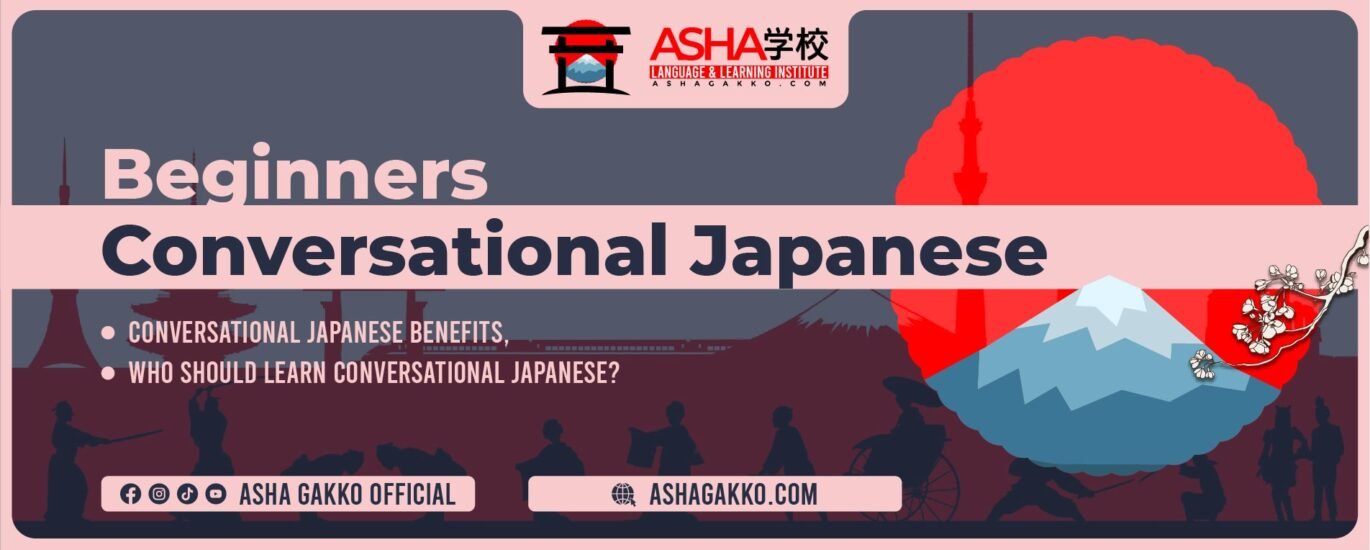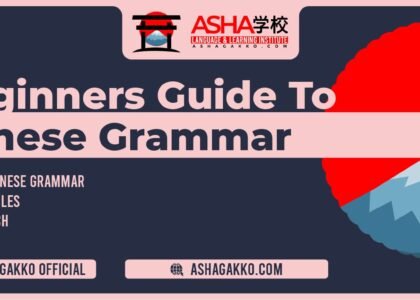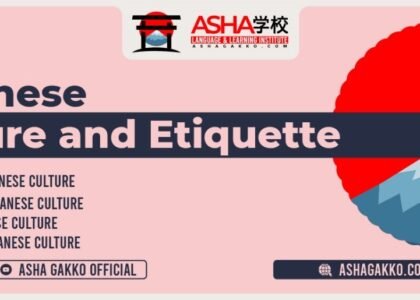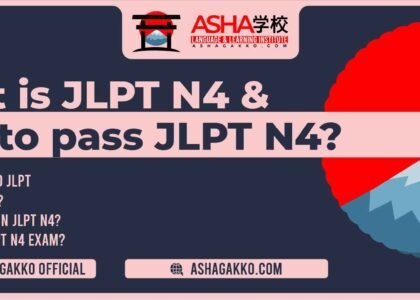Japanese is a complex language because of its various levels; each level has its own vocabulary and grammar. Some learners get demotivated due to the complexity of the language. But don’t do that; keep motivated; everything is difficult at the start. Roughly Japanese is divided into two categories: conversational Japanese and business Japanese. You can choose what you want to learn; each category has benefits. Conversational Japanese is informal and used daily with friends, family, or anyone else. It focuses on basic grammar and vocabulary. Business Japanese is formal and used in professional settings. It focuses on formal expressions and industry-specific terminology; deciding which category suits your needs is essential before starting your learning journey.
Conversational Japanese
Conversational Japanese is used in daily life conversation and interaction. It is casual and informal and has simple sentence structure, grammar, and less formal vocabulary. It is used in daily conversation with family, friends, close colleagues, and street people. Conversational Japanese is so flexible that they have no right or wrong.
Conversational Japanese is mostly used in TV shows, movies, and dramas. Japanese are very kind and supportive toward the learners. If you can not speak properly, then there is no need to worry. Japanese appreciate learners’ efforts and also help them learn a language.
Conversational Japanese benefits
Conversational Japanese is used in everyday situations. It is very simple and easy to learn and understand. Conversational Japanese is a great starting point for those who want to learn Japanese and want to engage in daily Japanese conversation.
Easy: Conversational Japanese is easy to learn. It has the most basic grammar, simple sentence structure, and simple and easy vocabulary. Once you learn some basic language, you can easily participate in everyday Japanese conversation. If you can not understand the word spoken or written by another person, then a small explanation of that word makes it easier for you to understand.
Versatile: In conversational Japanese you do not need to focus on grammar and structure of sentence. You can structure your sentence according to you to convey the meaning, and the Japanese will not scold you for minor mistakes as they are very kind and supportive.
Conversational Japanese is simple and informal and is used in daily conversation with family and friends. The vocabulary you learn is extremely useful in understanding Japanese lifestyle, customs, and norms and helps you participate in daily life conversations.
Understand culture: Learning conversational Japanese will help you understand the Japanese conversations in dramas, movies, songs, reality shows, and more. It will not only enhance your understanding of the language but also help you understand Japanese culture.
Who Should Learn Conversational Japanese?
If you are thinking about whether conversational Japanese is good for you or not, think about your needs. Suppose you dream of speaking casually with Japanese people. In that case, if you want to make Japanese friends, build relationships with Japanese, and communicate in a social setting, then conversational Japanese is best for you to learn. Picking conversational Japanese helps you to get practical language skills and experience Japanese culture deeply. You can also get a job after learning conversational Japanese, like a teacher, tour guide, kitchen manager, and many more jobs, as you can check out on Gaijinpot jobs.
One of the most critical aspects of conversational Japanese is aizuchi.
Aizuchi
Aizuchi is interjections in conversational Japanese that are essential for effective communication. These are the responses that listeners use while the other person is speaking, which shows that the listener is actively and attentively listening. Some common aizuchi are “hai” means yes, “un” means yeah, “Īe” means No and “Sore wa yoi” means that’s good. These aizuchis do not seem interference and speaker does not dislike this attitude. In fact, these cues make listeners interested in conversation, attentively listen, and understand what the speaker is saying.
Aizuchi creates a connection and rapport between the speaker and the listener. Using aizuchi is very important in learning Japanese because it enhances comprehension and helps build a relationship with native speakers. Aizuchi is deeply rooted in Japanese culture. By learning it, you will be able to understand what to say in different social situations. A person shows politeness and attentiveness by frequently using aizuchi, which is noteworthy in social interaction.
Why use Aizuchi (相槌)?
The main purpose of aizuchi is to assure the person that you are listening and paying attention to them. If someone asked you, “Can you understand me”? This indicates that you need a stronger command of aizuchi, even if you are listening but not using aizuchi, which makes the speaker interpret that you are not listening or not paying attention. To avoid such misunderstanding you have to use aizuchi. In Japan, it is not considered an interruption; it shows that you listen to the other person attentively, understand what they say, and are interested in the conversation.
Aizuchi Words and phrases
Here are some common Aizuchi
はい (Hai) – “Yes” or “I see”
It is used in classroom settings or any professional meetings, especially when listening to instructions.
うん (Un) – “Yeah” or “Uh-huh”
It is used in casual conversations with friends or family to show that you agree or understand them.
ええ (Ee) – “Yes”
It is used while in conversation with colleagues or listening to someone who has the authority
そうですか (Sō desu ka) – “Is that so?”
It is used to show engagement and curiosity.
なるほど (Naruhodo) – “I understand”
It is used when you understand what another person is saying.
そうですね (Sō desu ne) – “That’s right” or “I agree.”
It is used when you agree with other person.
本当ですか (Hontō desu ka) – “Really?”
It is used when you are surprised.
へえ (Hee) – “Really”?
It is used when you hear something that is unexpected.
そうか (Sō ka) – “I see” or “I understand”
It is used when you respond thoughtfully
Looking for an Online course?
Are you looking for an online course to learn conversational Japanese? Asha Gakko offers a conversational Japanese course. Visit our website, Asha Gakko, for more information.





